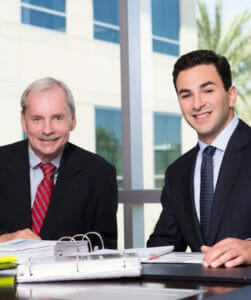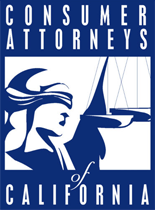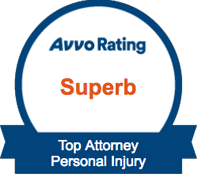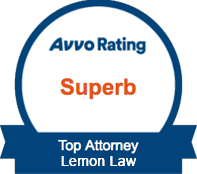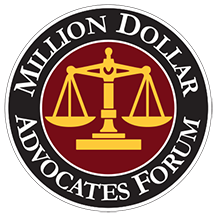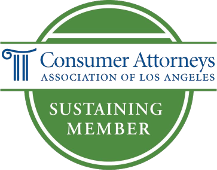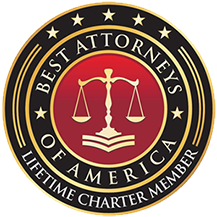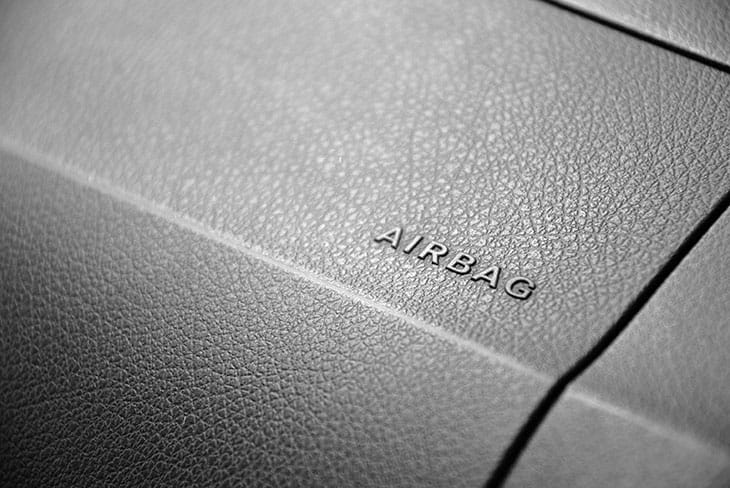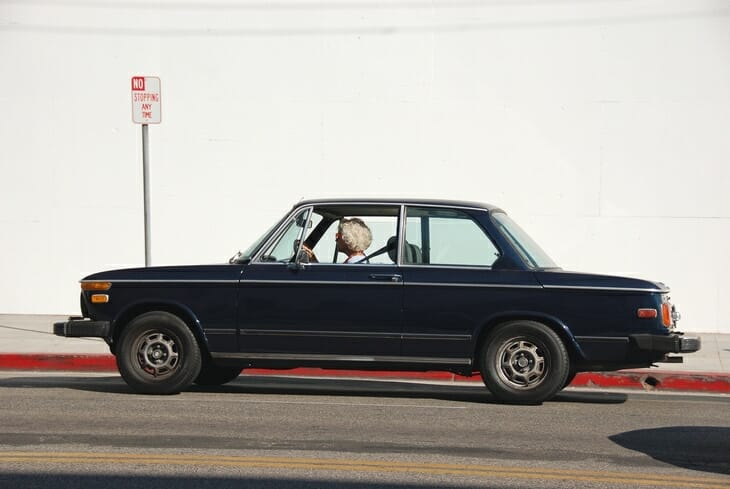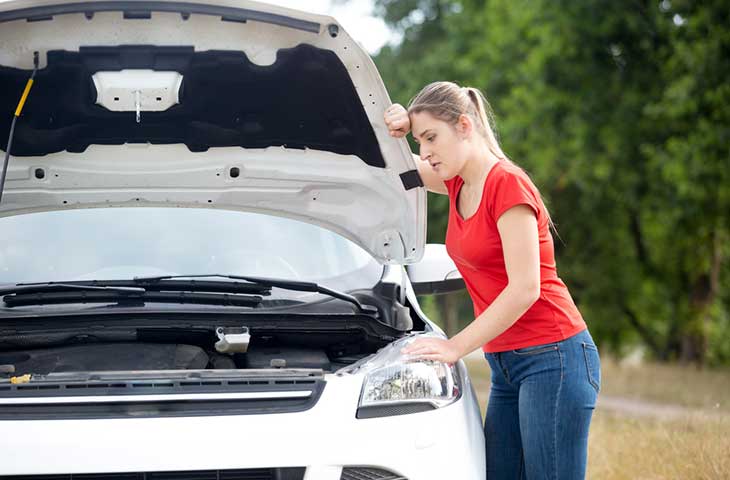CALL NOW FOR A FREE CONSULTATION:888-407-2955
What should I do immediately following a car accident?
Call 911 to report the accident; let the dispatcher know if you believe someone may have been injured. While still inside your vehicle, be mindful of oncoming traffic and the possibility that a distracted driver may not see or expect you to be stopped in the roadway. Should you suspect the other party was distracted, it might be a good time to reach out to a distracted driving liability lawyer for guidance. Also be mindful of the other vehicle’s whereabouts. You will want to have a basic description of the vehicle in the event the driver tries to flee the scene (there are approximately 1,000 injury hit-and-runs in Orange County annually). If it is safe and reasonable under the conditions, both vehicles should remain right where they are until law enforcement arrives.
Should I speak with the other driver at the scene?
Yes, but keep it brief.
Your sole purpose for speaking with the other driver should be to ascertain that person’s identity and contact information. Ask for driver’s license, car registration, and insurance information, and be ready to provide your information in exchange. Do not apologize or say anything about how the accident happened or who is to blame. Once law enforcement arrives, there is no reason for you to speak with the other driver at all. If you have doubts or concerns about the situation, consulting with an experienced car accident attorney is advisable.
Can I rely on the police to investigate the crash?
Not necessarily.
The police are concerned with ensuring public safety – not determining civil liability. Depending on the circumstances, they will investigate and compile an accident report, but information crucial to your personal injury lawyer claim may be omitted. That is why you should make every effort to preserve evidence. Take photographs of the scene, the vehicles, and your injuries. Ask for contact information from anyone who may be a witness. Most importantly, choose a personal injury firm that can investigate your accident and determine exactly how it happened.
What if I can’t afford to get medical treatment?
If you were injured by a negligent driver, you can’t afford not to get medical treatment.
To begin with, avoiding treatment is dangerous. You may have suffered internal injuries or other harm that is more serious than you realize. Moreover, by not going to the doctor you are in effect forfeiting your personal injury claim. You cannot win without medical records documenting your injuries. So, if you have medical insurance, use it. If you do not have medical insurance, contact our office for advice. We have a working relationship with medical providers throughout Southern California. We may be able to speak with your doctors and assure them that they will receive payment out of your settlement when the time comes.
The other driver’s insurance adjuster wants me to give a statement and sign a medical release. Should I agree?
No.
Insurance companies spend billions of dollars on commercials to convince people that they are there to help. They want us to trust that when things go wrong, they will do what is right. This may or may not be true with respect to how an insurance company deals with its own customers, but it certainly does not apply to you as a claimant. The only reason the other party’s adjuster wants to record your statement is to potentially use it against you. As for your medical records, there is nothing to gain by allowing direct access. Our office can monitor your treatment, assemble a complete set of records, and submit an indexed copy to the adjuster when we make our settlement demand.
Do I need to appear in court in order to bring a car accident claim?
Probably not.
Most cases settle out of court, to the benefit of everyone involved. However, one of the keys to our firm’s success through the years has been to prepare every case as though it will not settle. This approach gives us more leverage during negotiations. Opposing parties see that we are ready and willing to litigate if they try to lowball our client.
How much compensation can I expect to receive?
Everyone going through the process of a personal injury claim will at some point ask this question. We understand why. As a victim, you must make decisions about medical treatment, and it helps to know beforehand whether your settlement will be sufficient to reimburse the cost of a given procedure. Ideally, a negligent driver will pay all your property damage, medical bills, lost wages, out-of-pocket costs, future expenses, and a fair amount to compensate for your pain, suffering, and inconvenience. Unfortunately, your recovery may be limited as a practical matter if the driver carried only minimum insurance policy limits and does not have much in the way of personal assets. The good news is the attorneys at Neale & Fhima can locate all available sources of insurance coverage, including your own.
Is there a statute of limitations in my case?
Yes.
A statute of limitations governs the time period in which an accident victim must file a lawsuit. Filing a lawsuit does not preclude settlement prior to trial, but it does mark the beginning of a sharp increase in the cost of pursuing a claim. Victims who do not file a lawsuit within the limitations period are forever barred from seeking compensation through the judicial system. Here are some of the statutes of limitations that may apply to a car accident in California:
- Property damage – 3 years
- Personal injury – 2 years
- Claim against government – as short as 6 months (to file with agency).
Are there steps I should take right now to improve the likelihood my claim will succeed?
Yes.
The law puts the burden of developing a car accident claim on the victim. A proactive approach is therefore essential with the help of accident claim lawyers. Contact our Orange County office for a free evaluation of the status of your case and to learn the next steps you should take.

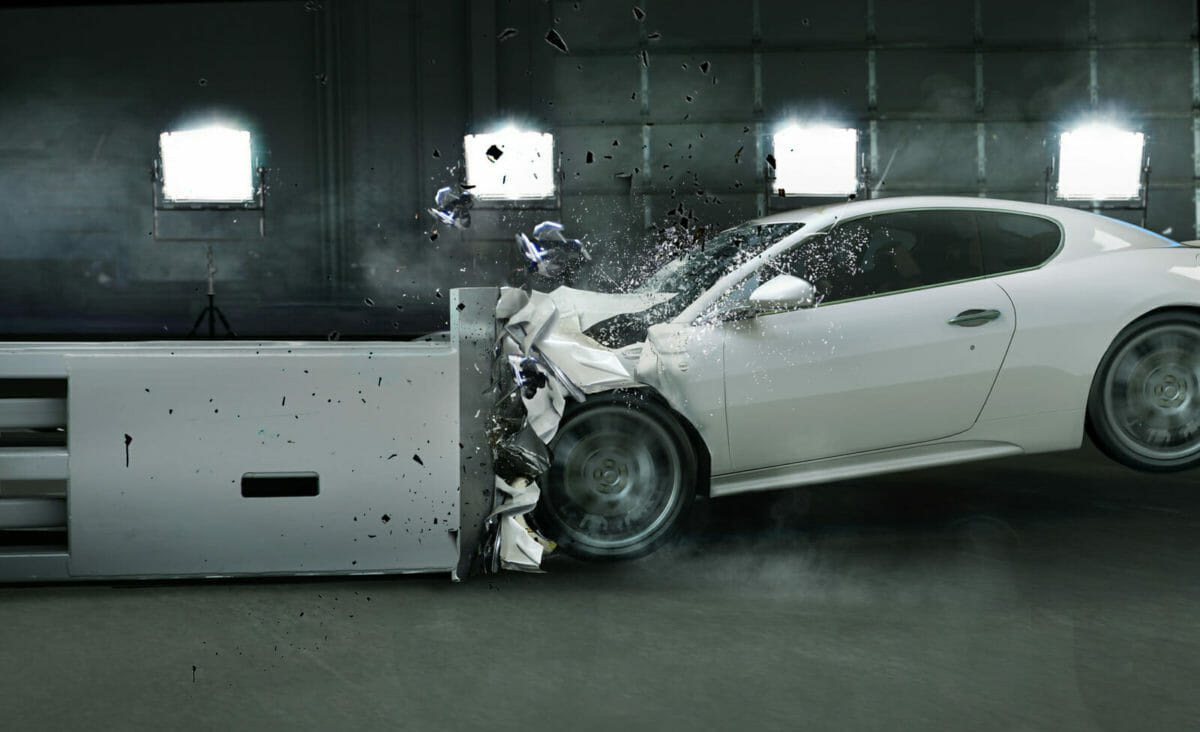
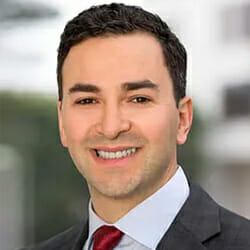 Aaron Fhima is a trial attorney who has secured numerous settlements and verdicts against large corporations and some of the largest auto manufacturers in the world. Representing consumers and injury victims throughout the state of California, Aaron’s practice areas include personal injury, and lemon law litigation. Aaron has a long record of success taking on large defense firms; and he doesn’t hesitate to take cases to trial when necessary to enforce his clients’ rights. [
Aaron Fhima is a trial attorney who has secured numerous settlements and verdicts against large corporations and some of the largest auto manufacturers in the world. Representing consumers and injury victims throughout the state of California, Aaron’s practice areas include personal injury, and lemon law litigation. Aaron has a long record of success taking on large defense firms; and he doesn’t hesitate to take cases to trial when necessary to enforce his clients’ rights. [ 